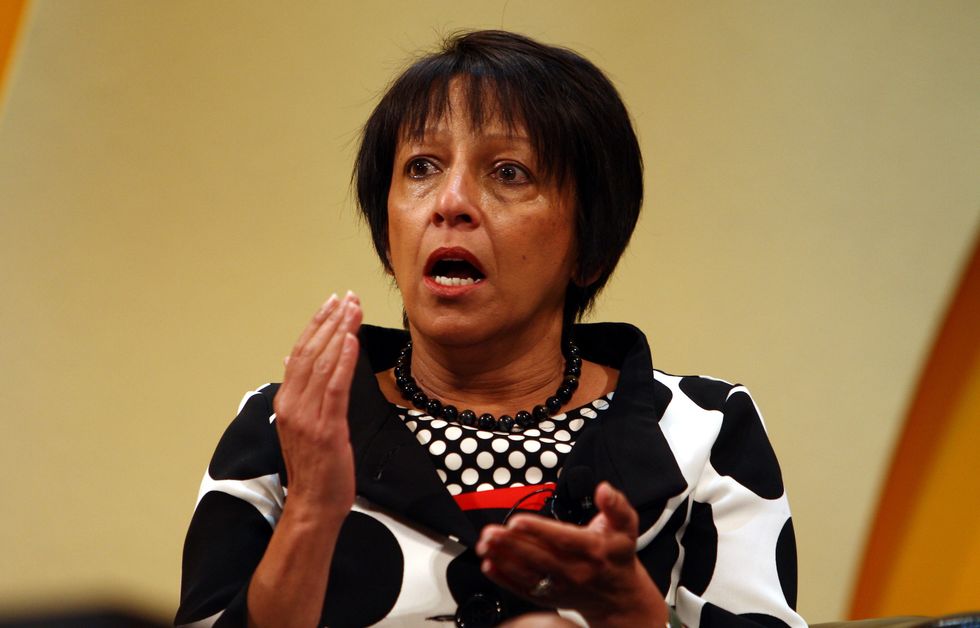Hospitals and gyms can 'request birth certificates to prove sex' when entering single-sex spaces, equality regulator says
The ruling from the regulator aims to make guidance clear so 'service providers know what they need to do to comply with the law'
Don't Miss
Most Read
Trending on GB News
Hospitals and gyms can now request birth certificates of transgender people to protect single-sex services.
The Equality & Human Rights Commission (EHRC) said that as long as it is done in a "sensitive way", a request for a birth certificate can be granted if it is "necessary and proportionate".
The EHRC did warn that requesting a trans person's birth sex could open up claims of discrimination under human rights laws.
It has also published guidance on how to protect single-sex spaces, following April's historic ruling from the Supreme Court that sex is biological.
 Women Scotland directors Susan Smith and Marion Calder celebrate the Supreme Court ruling that sex is biological | GETTY
Women Scotland directors Susan Smith and Marion Calder celebrate the Supreme Court ruling that sex is biological | GETTYWhen deciding if a space should be women-only, organisations will need to consider whether women will be undressed, if it is provided due to male violence, or if the presence of a trans person might cause "alarm or distress".
Should they decide that trans people can use this space, it cannot be called single-sex.
The guidance said that trans people can be lawfully excluded from competitive sport "when necessary for reasons of safety or fair competition".
It added that "in many cases, it will be sufficient to simply ask an individual to confirm their birth sex," to protect single-sex spaces.
LATEST DEVELOPMENTS
Trans people can be barred from single-sex services should they lie about their birth sex.
The EHRC said: "A service provider may make a rule that if someone is asked their birth sex and chooses to answer objectively falsely, it will be grounds for exclusion from the service."
The Chair of the EHRC, Baroness Falkner, stated that there has been an "obvious" demand for "authoritative guidance" since the Supreme Court's ruling.
She said: "Where services are provided on a single-sex basis, that needs to be done in a way which is consistent with the law, which protects the rights of all service users and which ensures everyone is treated with respect and dignity.

Baroness Falkner said there has been an 'obvious' demand for 'authoritative guidance'
|PA
"It's vital that service providers know what they need to do to comply with the law, and that service users have confidence that every provider is doing so."
Women's rights organisations have welcomed the new guidance as "clear, calm, and factual".
Maya Forstater, chief executive of charity Sex Matters, said: "The draft EHRC guidance reflects the law as clarified by the Supreme Court, so there can be no more excuses for failing to follow it.
"The guidance will now go out for consultation, but the broad outlines are fixed. Organisations that delayed will now have to scramble to change their policies to comply with the law, as every day they delay increases the risk of legal action."
More From GB News











